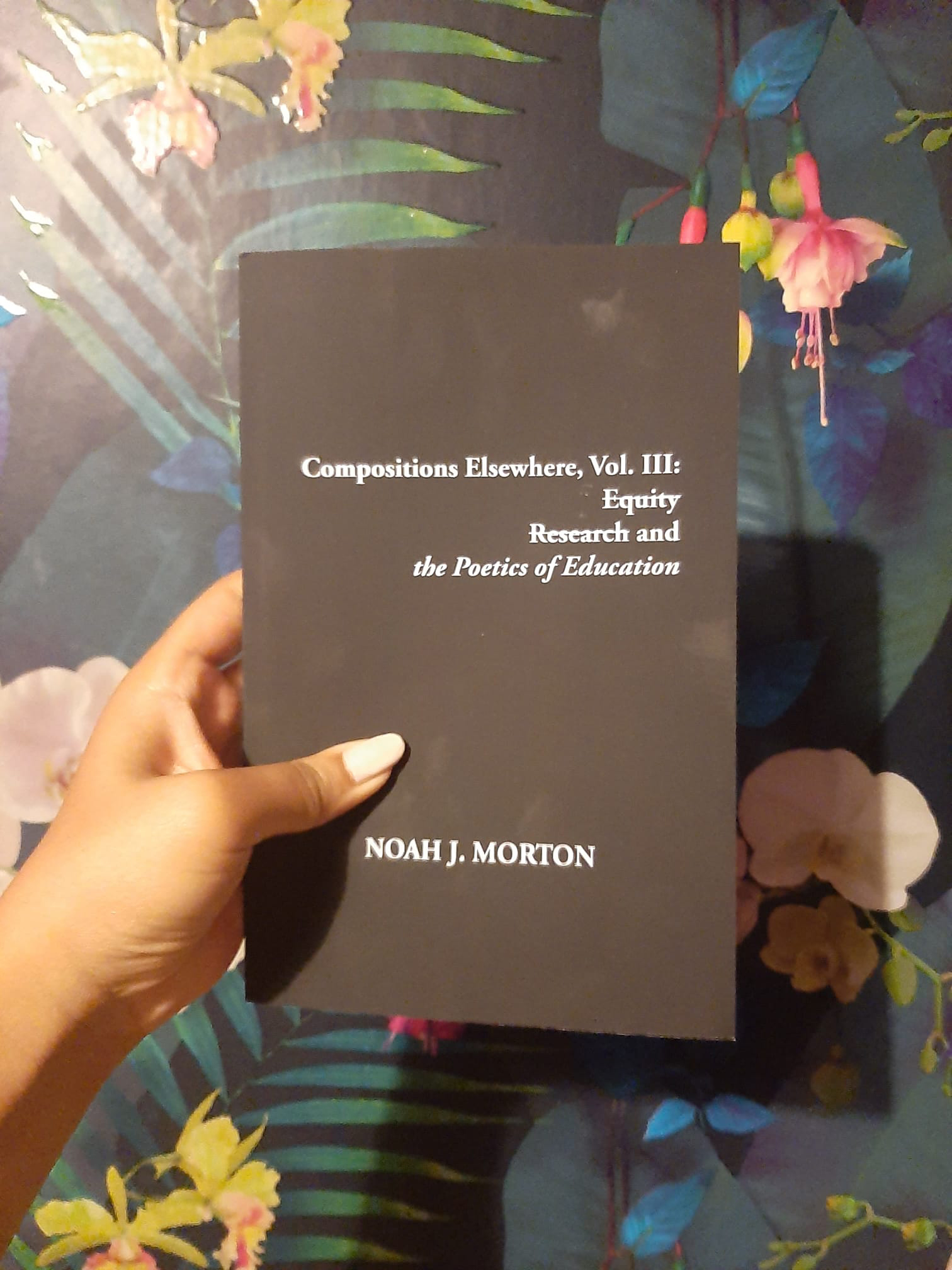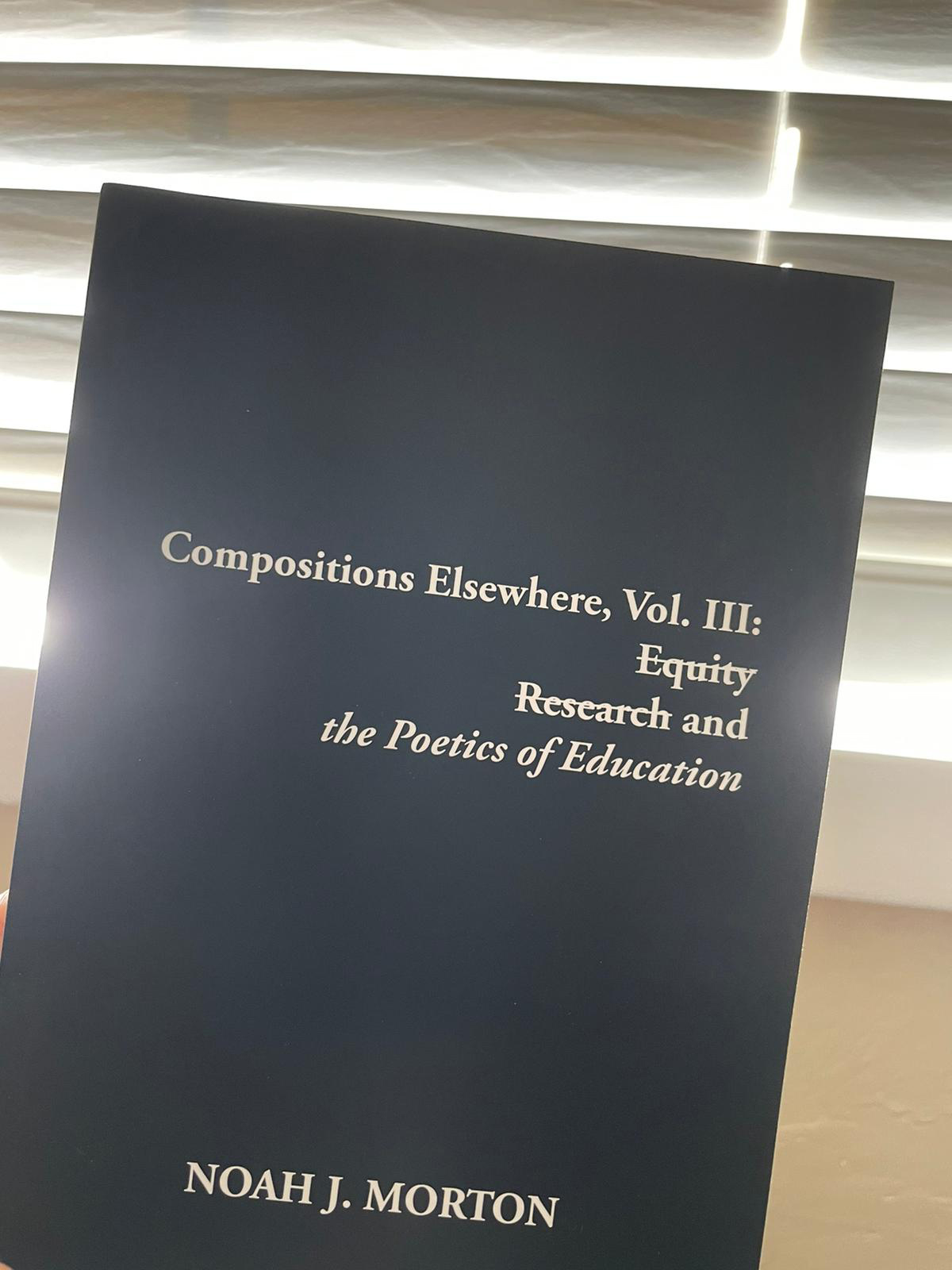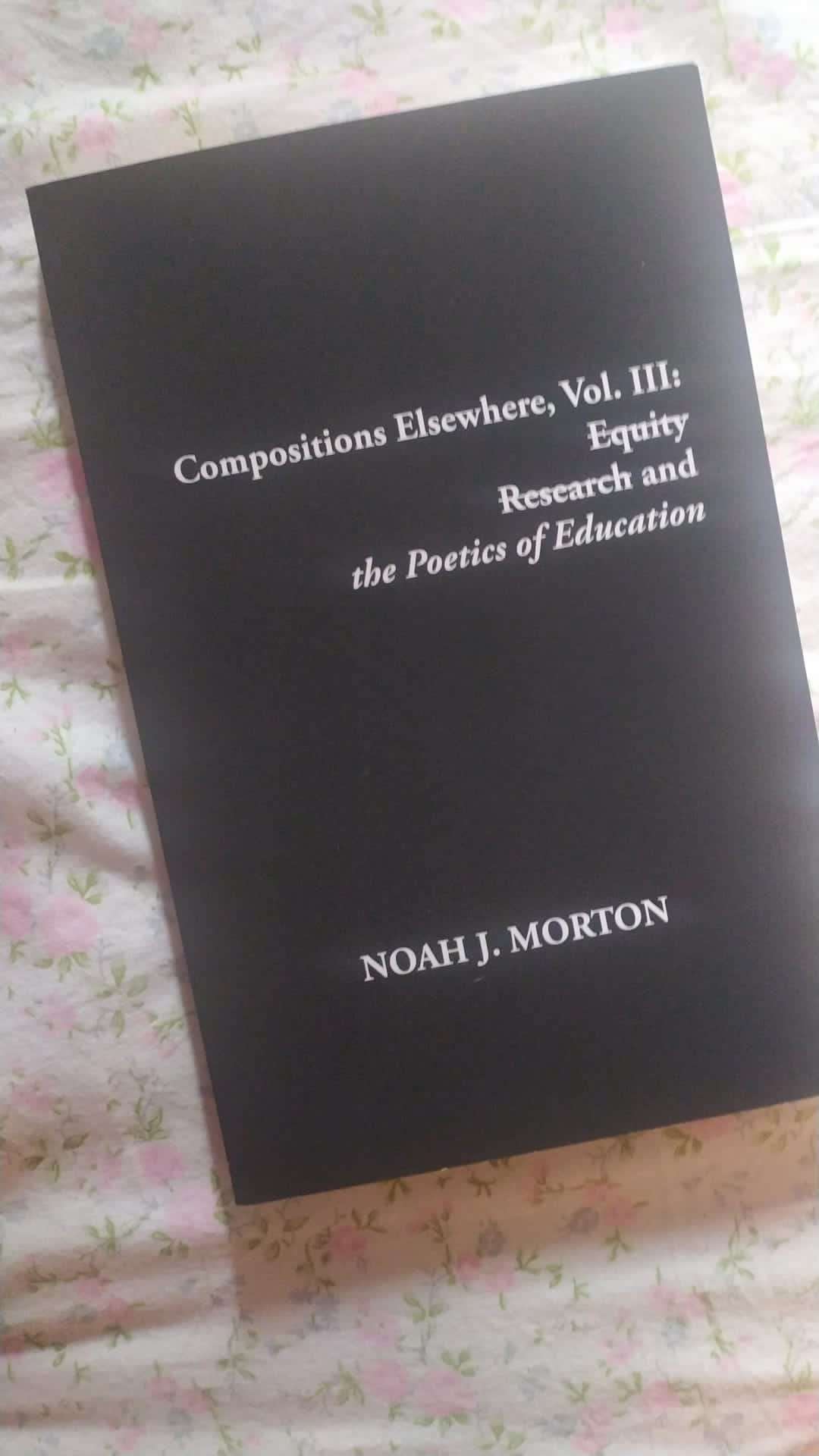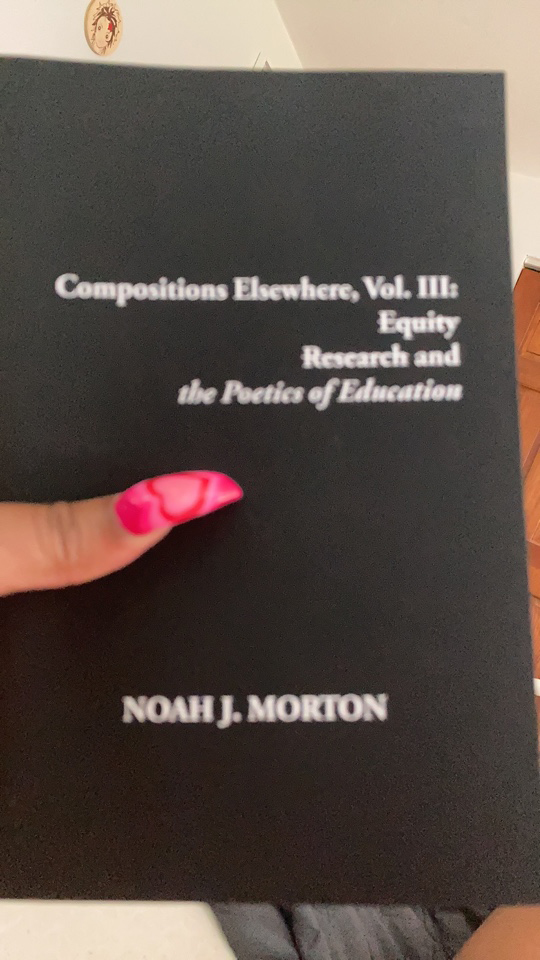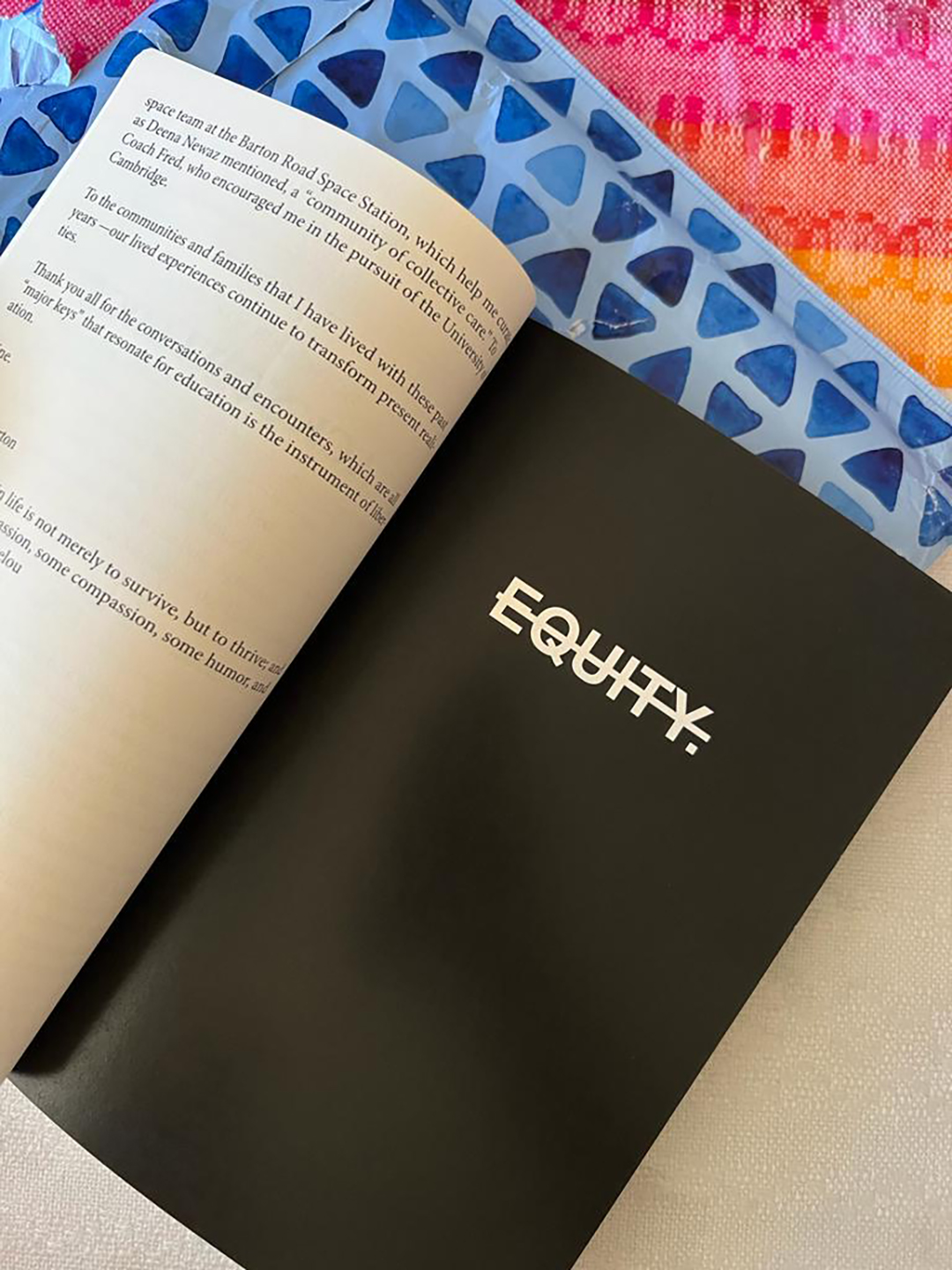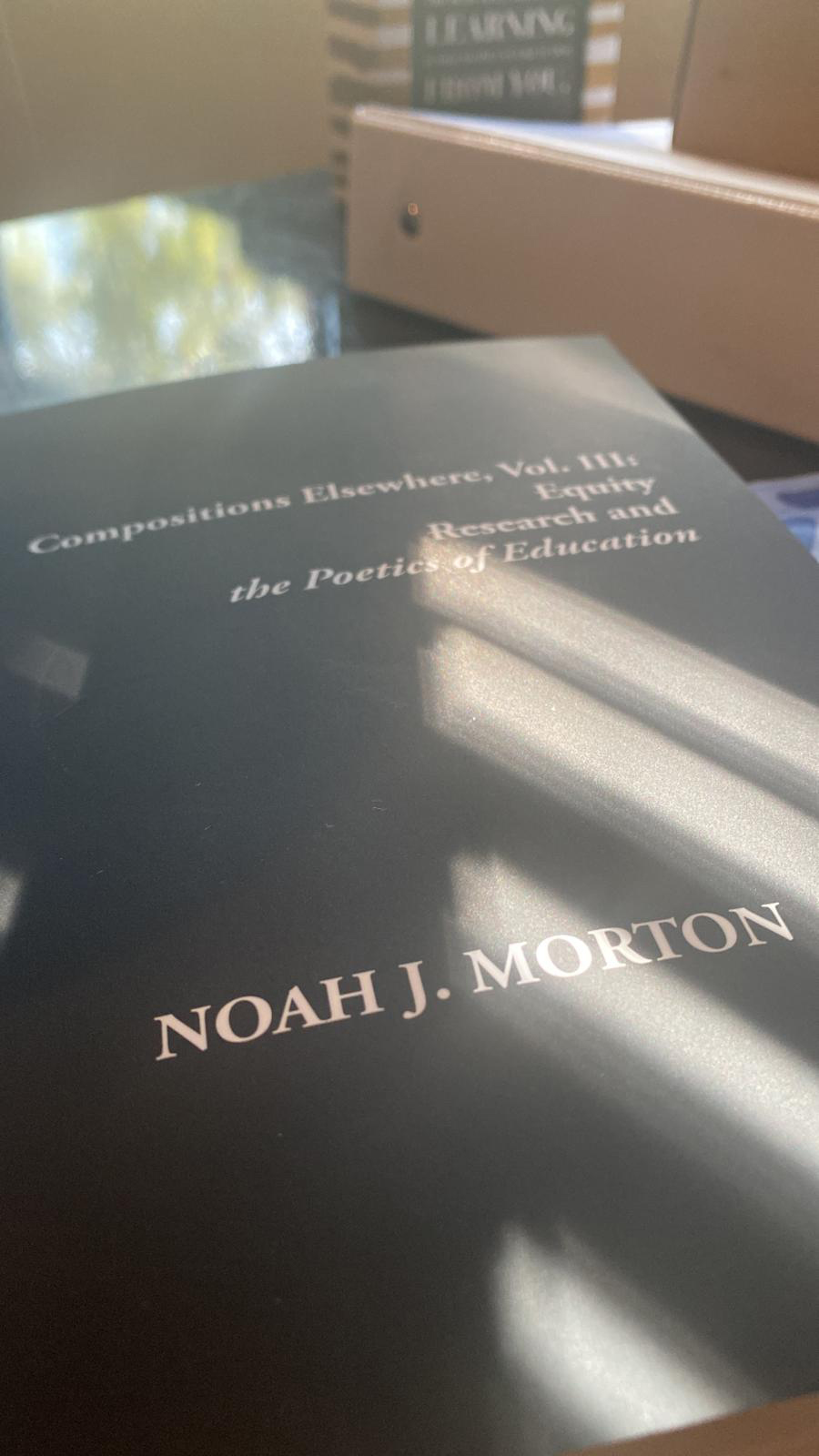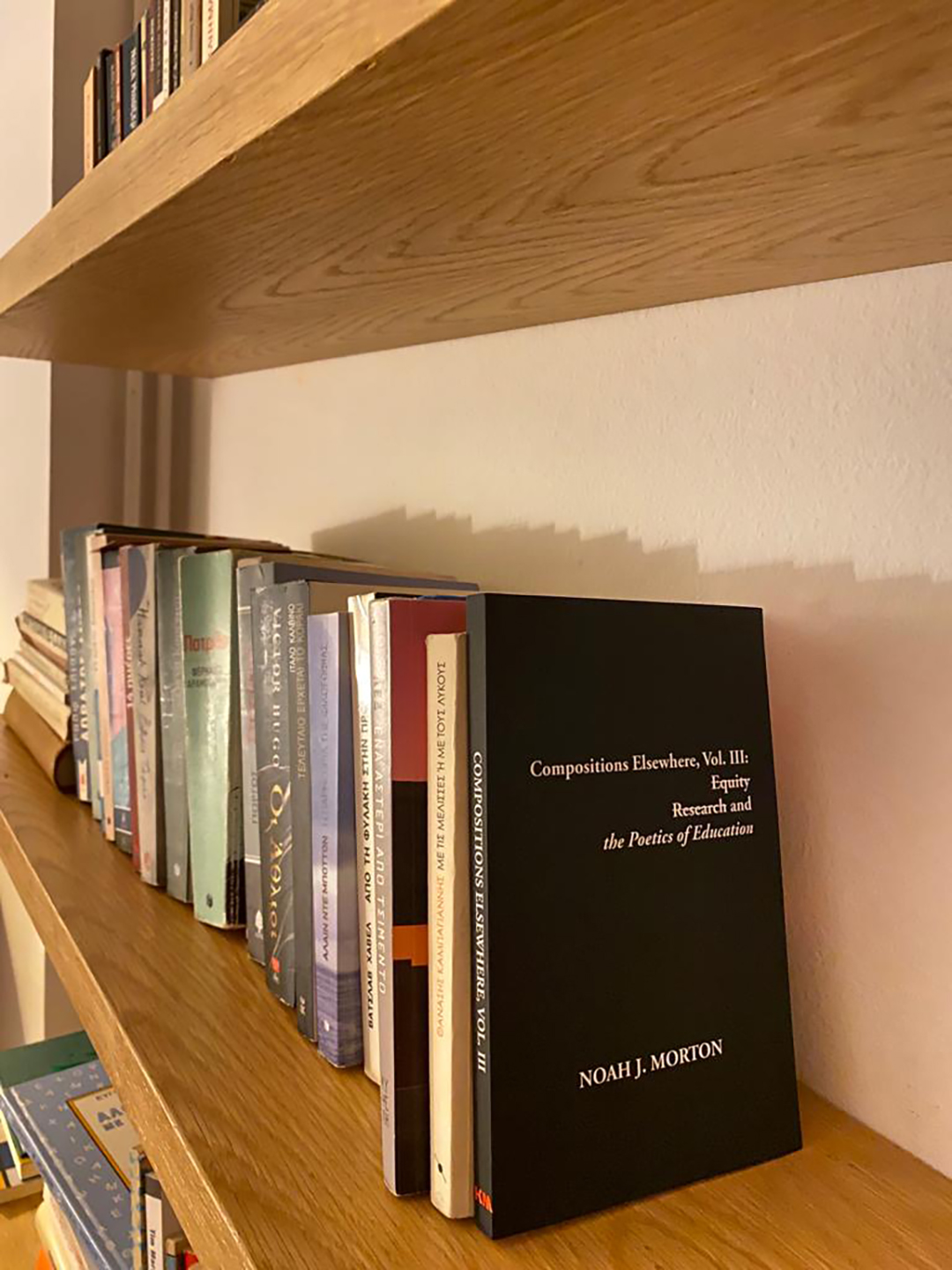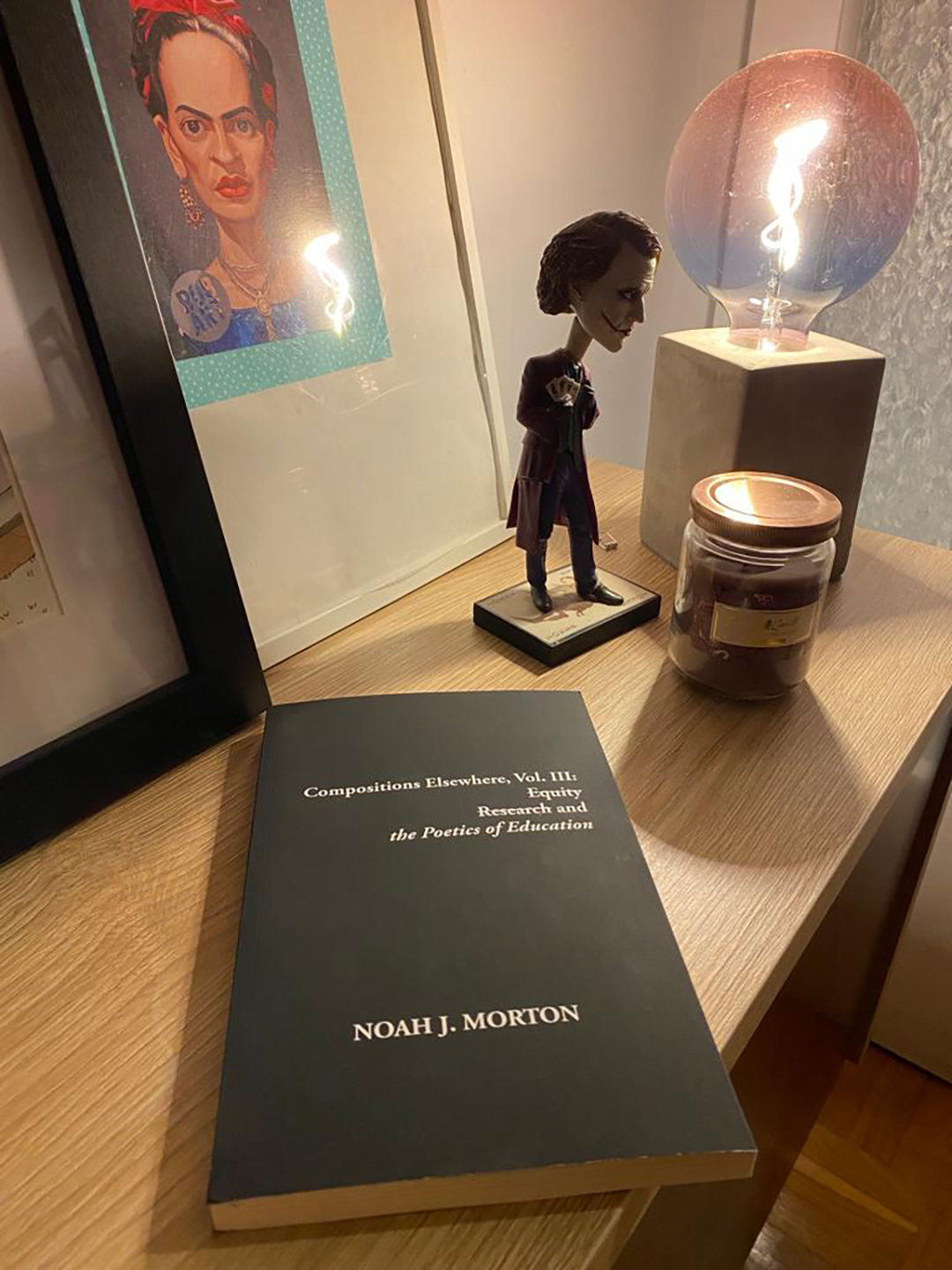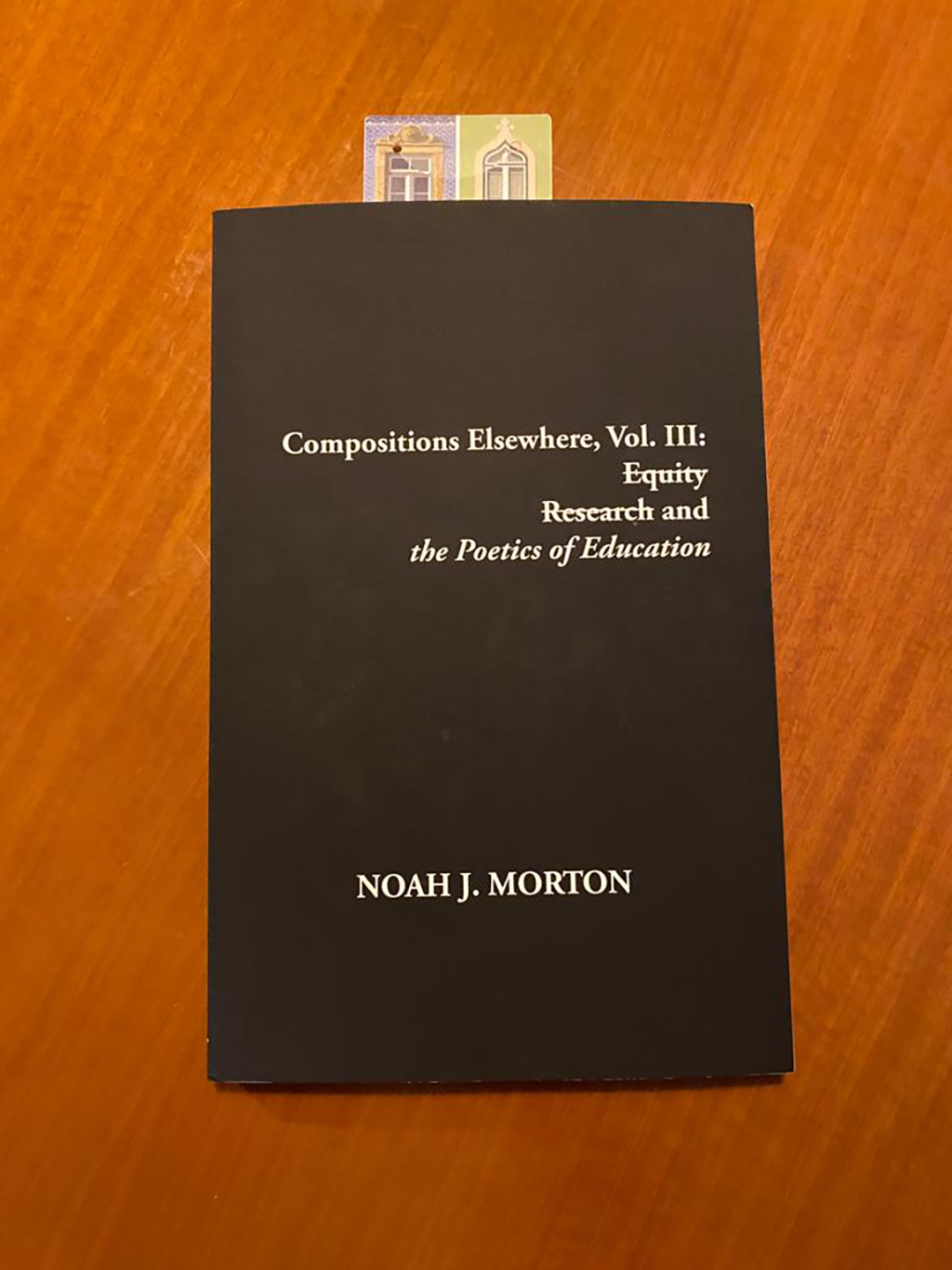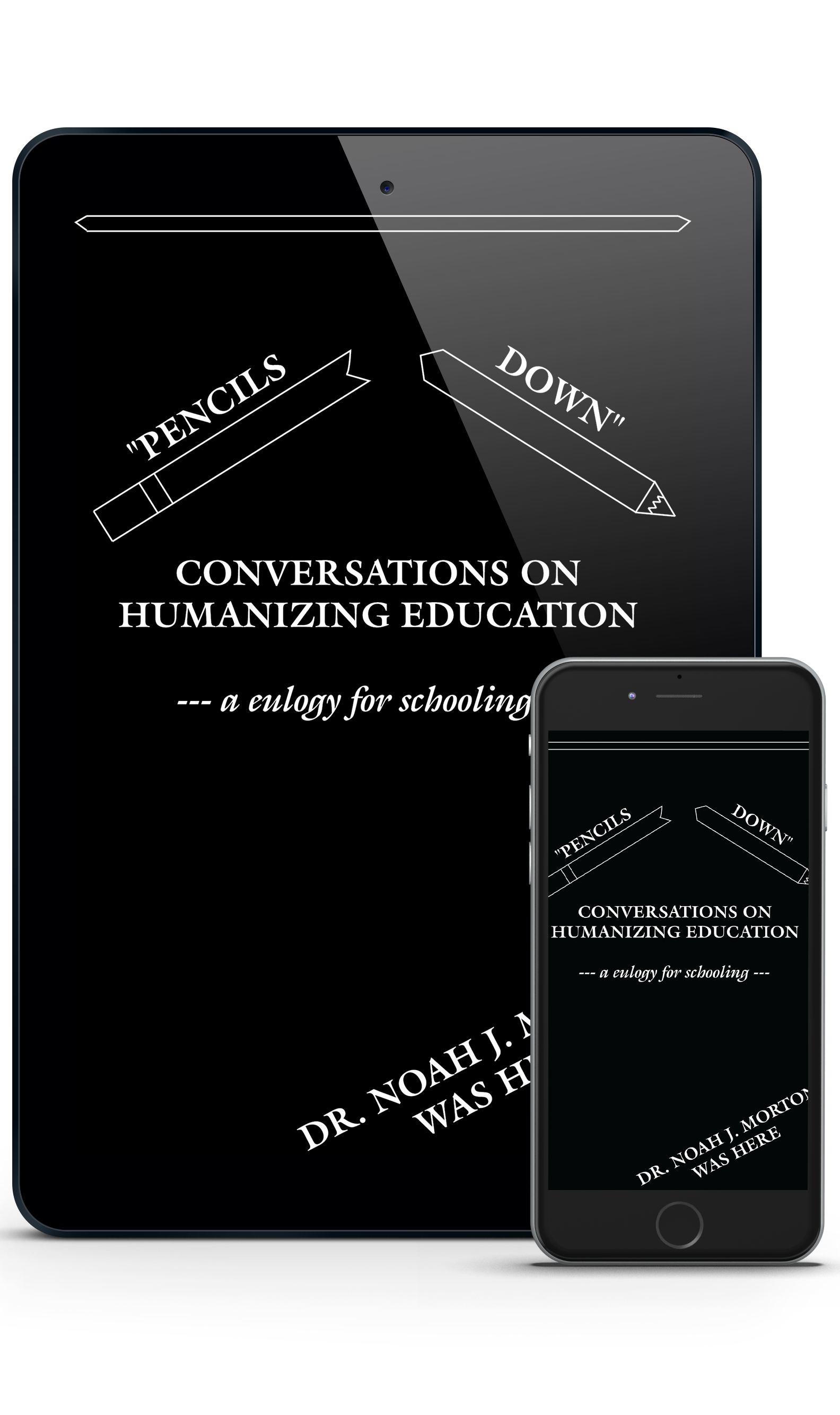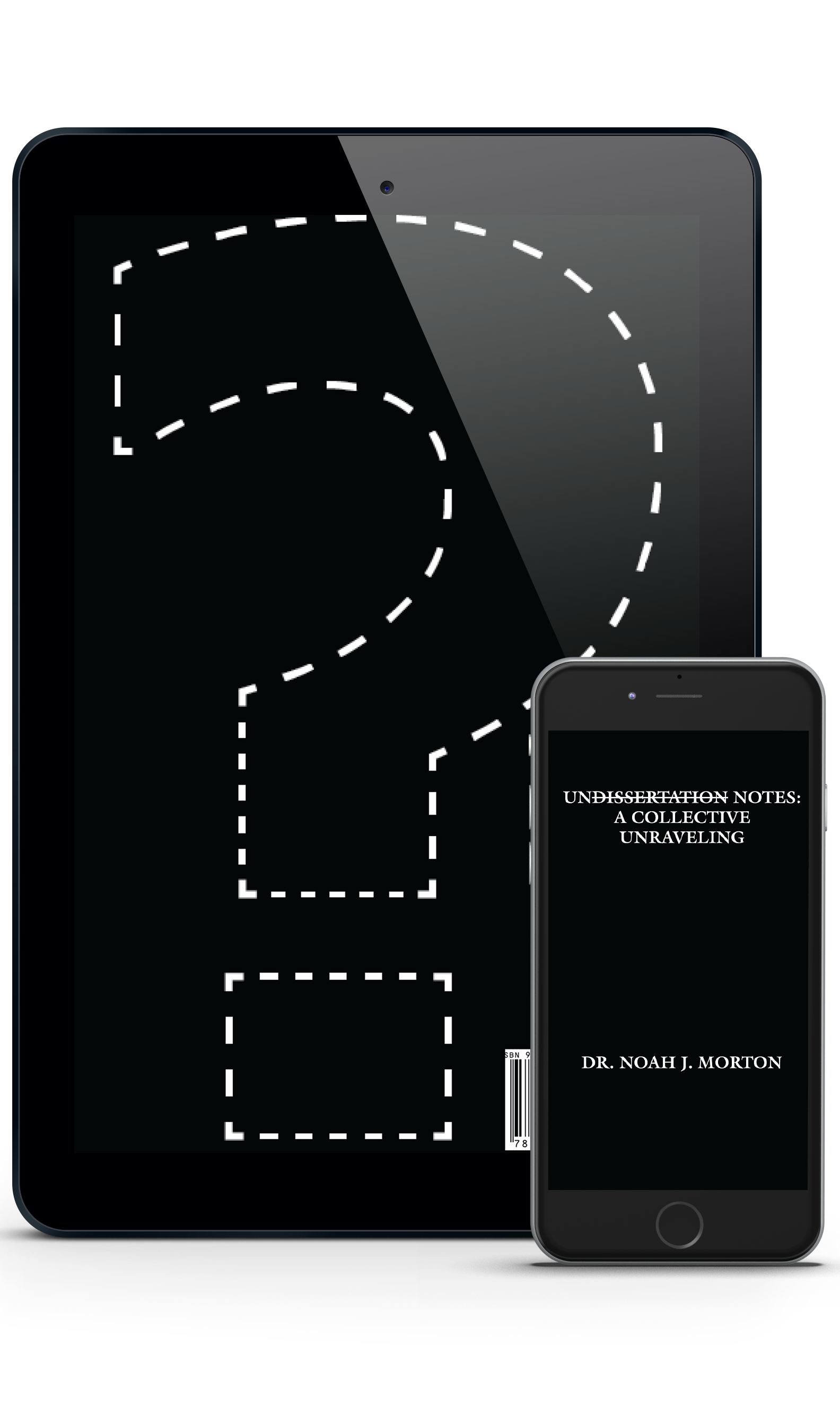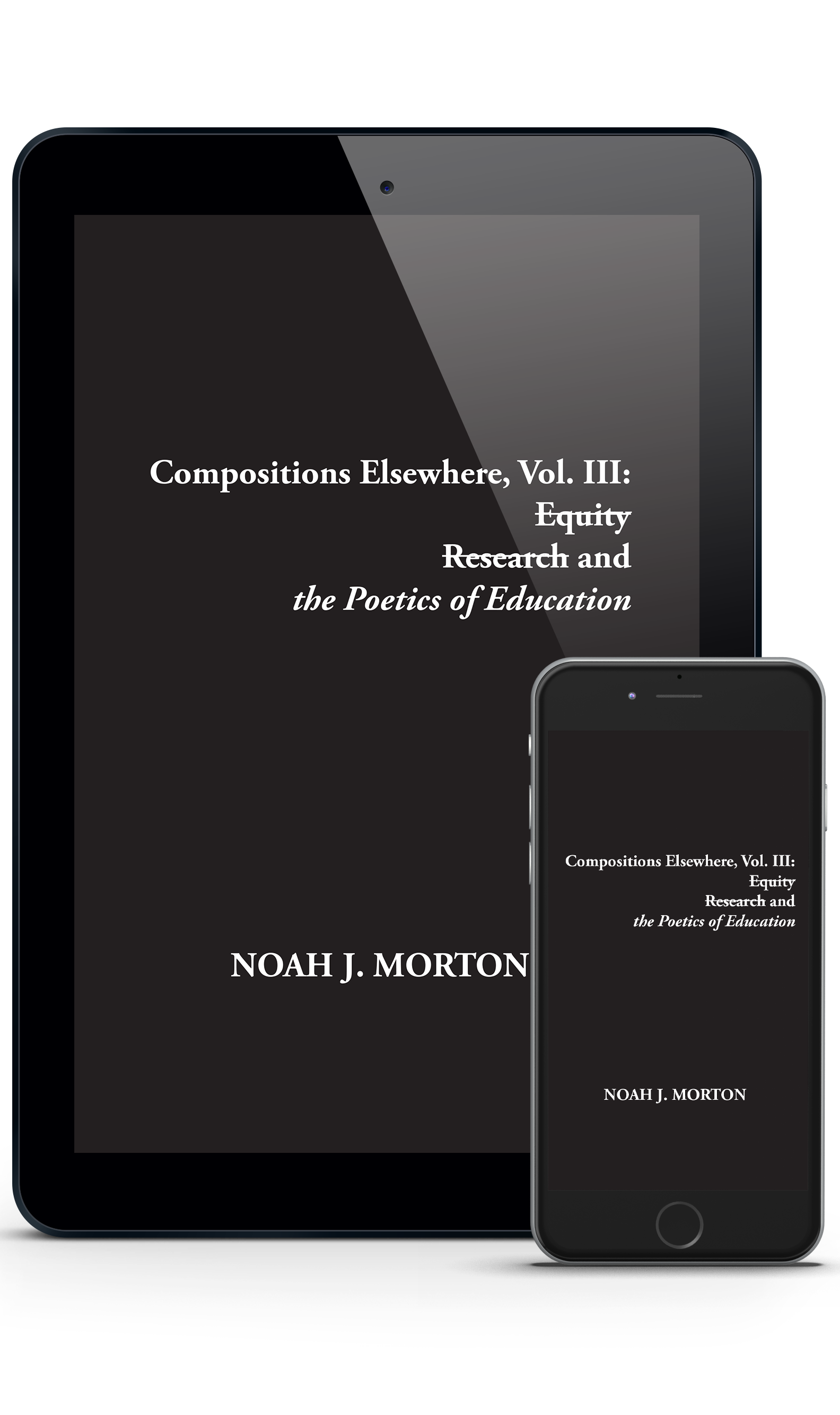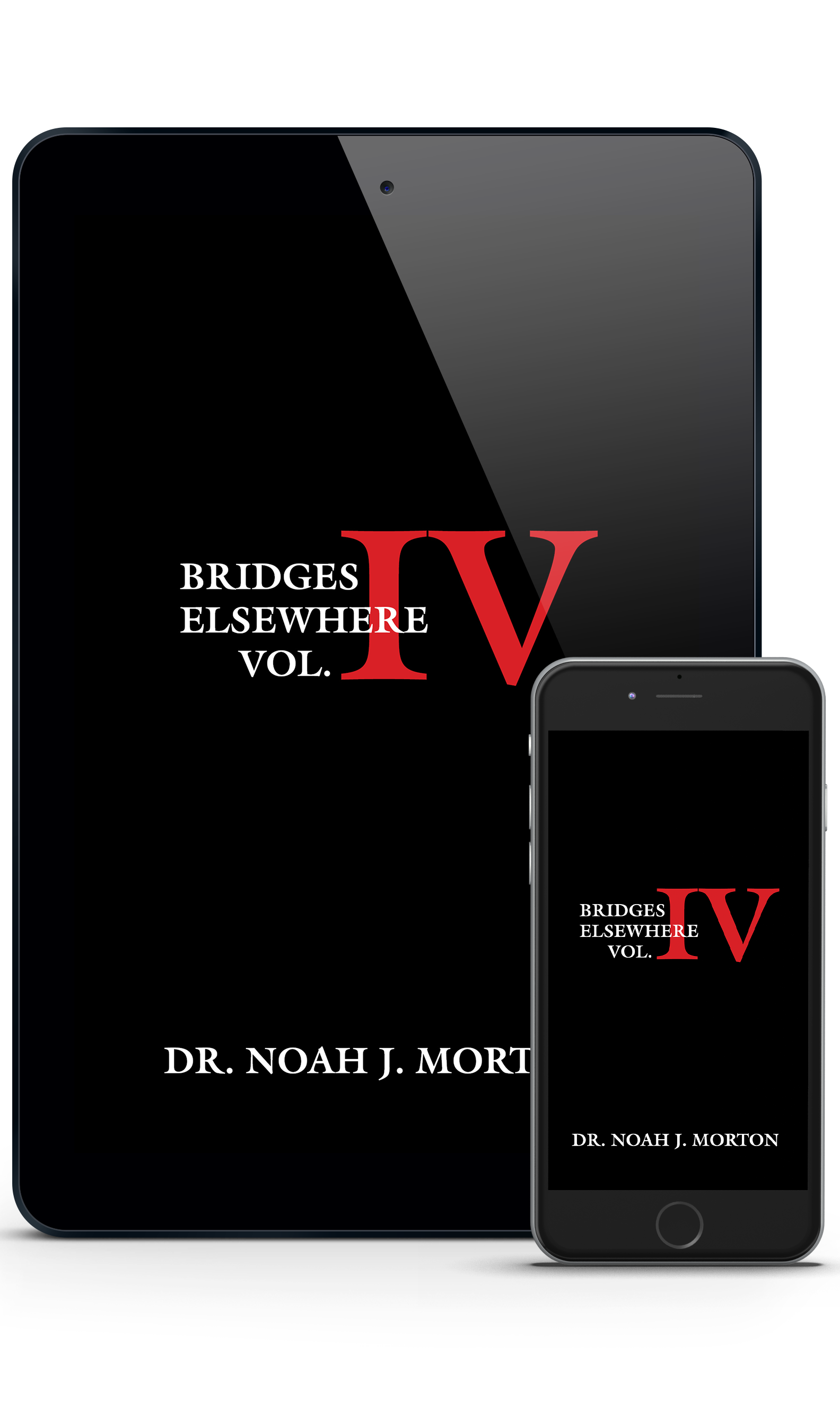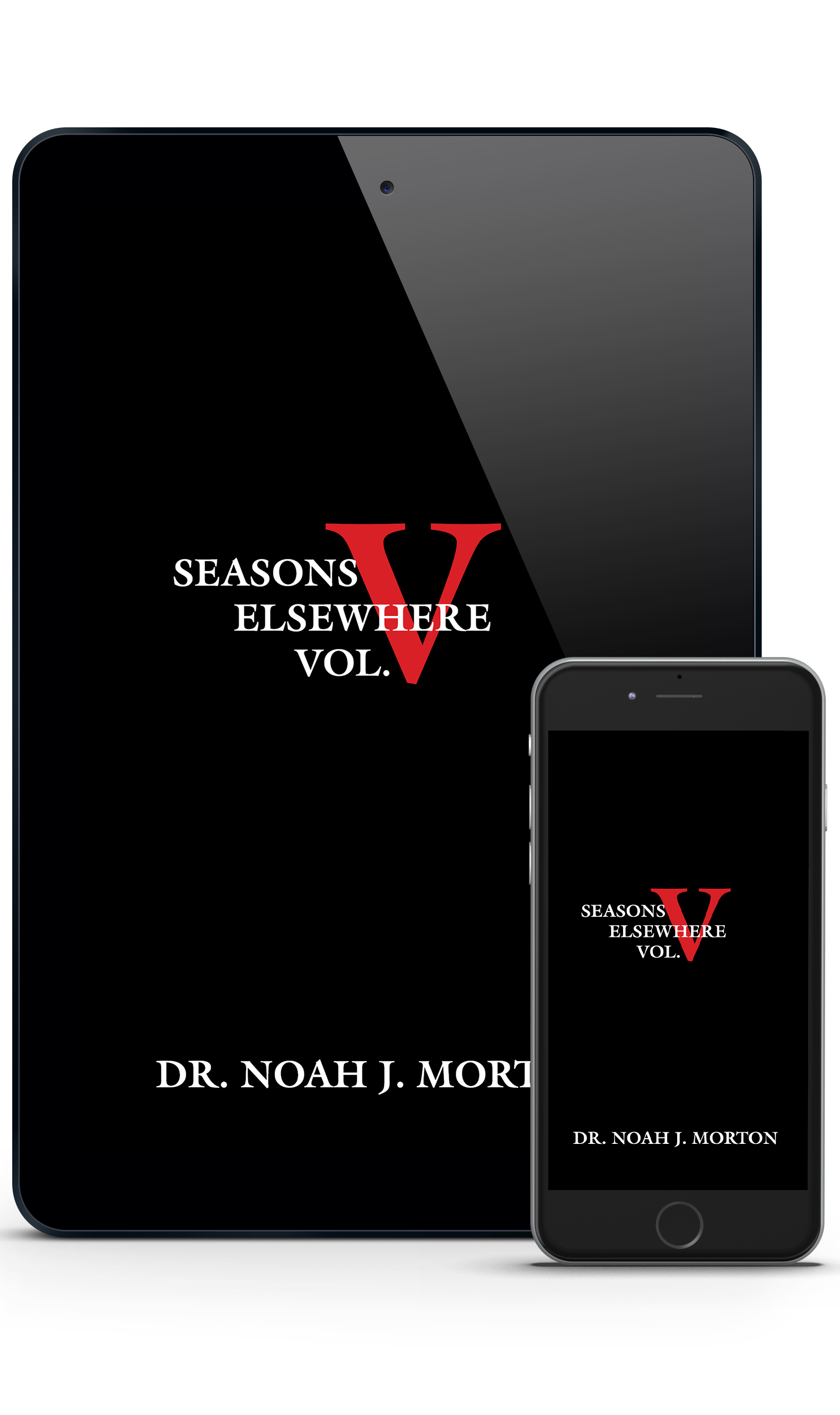 About Library
About Library Library Books
Library Books Notes
Notes Un---coding
Un---coding



Kulshi Mumkin®, LLC Open Access Statement – Please Read
The books in the library are open access. Most Kulshi Mumkin®, LLC publications are placed for free, in their entirety, on the web. This is because the free and autonomous sharing
of knowledges and experiences is important, especially at a time when the restructuring and increased centralization of book distribution as well
as academic ivory tower of paywalls makes it difficult (and expensive) to distribute radical texts effectively. The free posting of these texts does not
mean that the necessary energy and labor to produce them is no longer there. One can think of buying physical copies not as the purchase of
commodities, but as a form of support or solidarity for an approach to knowledge production and engaged research (particularly when
purchasing directly from the publisher).
The open access nature of this publication means that you can:
- read and store this document free of charge
- distribute it for personal use free of charge
- print sections of the work for personal use
- read or perform parts of the work in a context where no financial transactions take place
- gain financially from the work
- sell the work or seek monies in relation to the distribution of the work
- use the work in any commercial activity of any kind
- profit a third party indirectly via use or distribution of the work
- distribute in or through a commercial body
Please support this open access publication by requesting that your university or local library purchase a physical printed copy of this book, or by purchasing a copy yourself. If you have any questions please contact the publisher: [email protected] ***adapted/cited from Minor Compositions Additional information and outline can be found at Kulshi Mumkin®, LLC Website
"Pencils Down:" Conversations on Humanizing Education
12 Parts | ~60,000 words | 192 pages | 5.5" x 8.5" | Open Access (and/or $20 suggested contribution)Pencils Down: Conversations on Humanizing Education is a mediation on the realities of schooling and education in residence time, which is now. Residence time refers to "the amount of time it takes for a substance to enter the ocean and then leave the ocean. "everything is now" (Sharpe, 2016, p. 41). In other words, residence time refers to the moment of singularity in the afterlife of Human blood…has a residence time of 260 million years. We, Black people, exist in the residence time of the wake, a time in which slavery, which is the "racial calculus and . . . political arithmetic that were entrenched centuries ago —skewed life chances, limited recognize our relationships with critical theories of coloniality in education, decolonial pedagogies, and education as the practice of access to health and education, premature death, incarceration, and impoverishment" (Sharpe, 2016, p. 15). It is now that we pause to freedom. These relationships with theory are "nothing new" as we engage in the genealogy of liberation struggles.
Additional information and outline can be found at Kulshi Mumkin®, LLC Website
Undissertation Notes: A Collective Unraveling
10 Parts (with additional subheadings that include illustrations, short stories, pop-up questions, quotes, etc...) | ~55, 000 words | 222 pages | 5.5" x 8.5" | Open Access (and/or $20 suggested contribution)
The floor is lava. The cube is education. Discipline solves the cube. This undissertation will not "solve" the cube by assembling all of the sides to the superiority of the central color; rather this "un code" plays, dissembles, reassembles, and questions beyond the sides of education discipline. The cube is a symbol. We do not play to become a problem solver in the pursuit of happyness moments rather to engage in the codes and modes that dictate and discipline what play looks like, what education looks like, what knowledge creation looks like. What would it mean to be engaged in an undiscipline journey? We seek to unravel, resist, engage, and plant seeds
Additional information and outline can be found at Kulshi Mumkin®, LLC Website
Compositions Elsewhere, Vol. III: Equity, Research, and the Poetics of Education
4 Parts (each essay has additional sections as well as illustrations/exhibitions) | ~48,000 words | 191 pages | 5.5" x 8.5" |
Open Access (and/or $20 suggested contribution)
This is a trilogy of compositions critically interrogating equity, research, and knowledge within education spaces. The poetics in education involves the lived experiences of people. Its focus is to recognize the intricacies of humanity present within each person as well as to facilitate a stimulating learning environment to bring out that uniqueness. This uniqueness of a shared humanity resonates as the past liberation struggles continue to inform the resistance. Thus, the poetics of education is a critical pursuit to recognize the relationships and resonances among the lived experiences, which illuminate the possibilities of education as the instrument of liberation.
The poetics of education observes the limitation of disciplines and the reproduction of dominate ways of thinking through academic criteria to express the intricacies of lived experiences. Questions arise on how art provides a critical gaze to observe what was taught not to see through making the familiar, strange and strange, familiar to reimagine education as the instrument of liberation. Lived experiences are shared and the exhibits are curated to continue the conversation. The solution is not singular for mixing is a plural process. Additional information and outline can be found at Kulshi Mumkin®, LLC Website
Bridges Elsewhere, Vol. IV
9 Plays + 6 Bridges | ~30,000 words | 130 pages | 5.5" x 8.5" | Open Access (and/or $20 suggested contribution)Bridges connect places. Whether across Land or sea, or even in space, bridges are made with raw materials, metal, iron, cement. Bridges Elsewhere, IV does not connect; rather, it recognizes the relationship among ideas that are already there. The "raw materials" are from lived experiences that strengthen Bridges Elsewhere.
We are walking across the bridges. Where to? is not the focus; rather, in what ways may we continue to learn with witnessing stories along Bridges Elsewhere. This is our fourth volume of writings, which includes, essays, stories, poems, and for the "first time" (what is time?) plays. We look forward to sharing stories on Bridges Elsewhere. Additional information and outline can be found at Kulshi Mumkin®, LLC Website
Seasons Elsewhere, Vol. V
9 Sketches + 4 Seasons | ~33,000 words | 127 pages | 5.5" x 8.5" | Open Access (and/or $20 suggested contribution)Seasons Elsewhere, Vol. V is a volume of writings written throughout the seasons. A hope is to describe and express ideas on various topics such as education, human rights, decolonization, resistance, and liberation through multiple modalities. To this hope, the writing experiments in their respective forms – essays, short stories, dialogues. There are also hand drawn sketches, newspaper clippings, and notebook images to add a visual interpretation next to the stories.
Some stories use "I" and others use "we." We play with these references to describe the relationality in resistance and writing. We recall a passage in Composition Elsewhere, Vol. III:
This is the reason there is a "We" used in most parts of this thesis composition instead of an "I" to recognize the community that moves even within an individual, who is composed of lived experiences within the community (2022, p. 83).
The season continue to change as we compose Elsewhere. Thus, it is an honor to share some of the writings across the seasons – Seasons Elsewhere, Vol. V. Additional information and outline can be found at Kulshi Mumkin®, LLC Website
